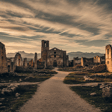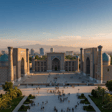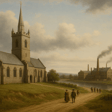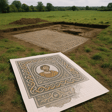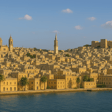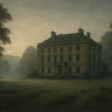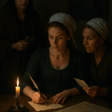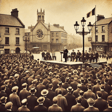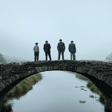
The Princely House
Episode seventeen of the new series of Pieces of History journeys deep into the Alps - and deeper still into one of Europe’s quietest royal dynasties: the Princely House of Liechtenstein.
In this episode, we follow the unlikely rise of a family that didn’t conquer a kingdom - they bought one. From medieval Austria to the court of the Habsburg emperors, the Liechtensteins navigated war, revolution, and exile not with armies, but with alliances, land deals, and political calculation.
Why did they acquire two obscure Alpine territories? How did they go from absentee landlords to active monarchs? And how, in a century that shattered empires and toppled kings, did Liechtenstein survive - and thrive?
This isn’t just a story about a tiny country with discreet banks and snowy peaks. It’s about status, survival, and the art of monarchy in the shadows - a house that forged a nation not for power, but for legitimacy, and ended up outlasting the very empire that once defined it.
Email: piecesofhistorypod@outlook.com
Facebook: Pieces of History podcast
Instagram: @pieceofhistorypod
